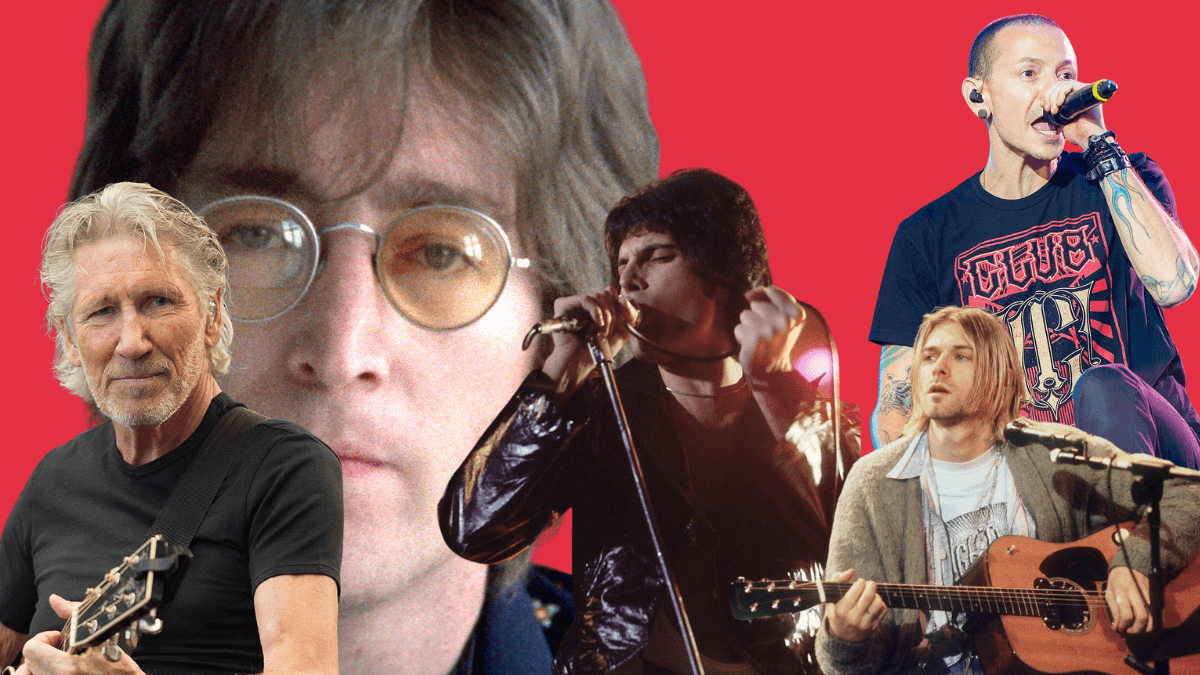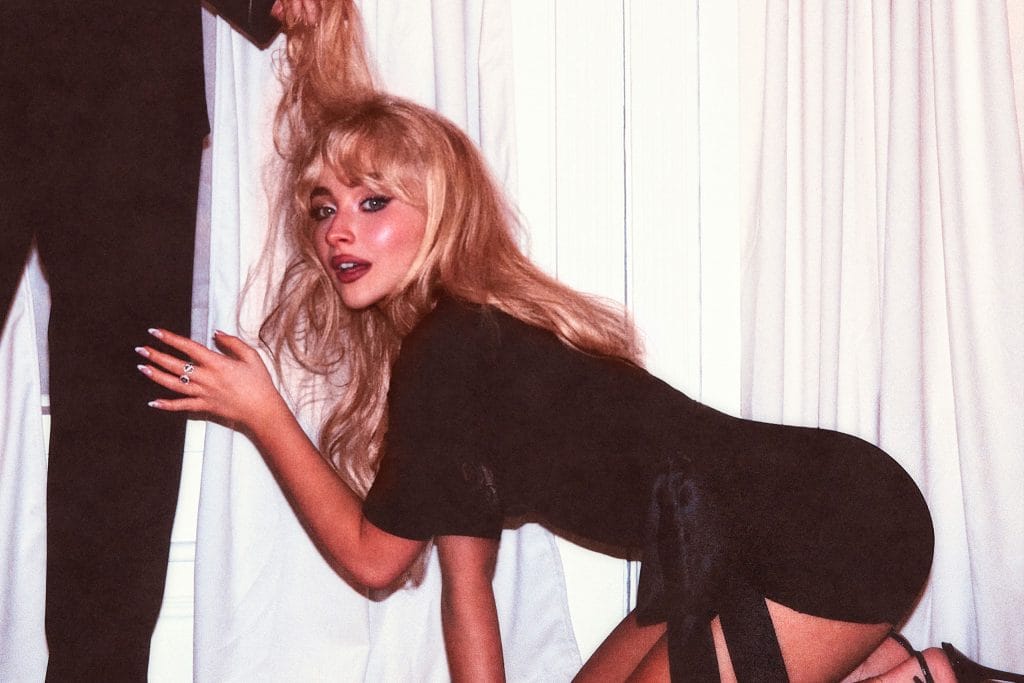Music is a powerful medium to express emotions, share stories, and bring people together; who can forget the gathering of students from different campuses reciting the lines of Faiz Ahmed Faiz: “…jab zulm-o-sitam ke koh-e-Garan, rooi ki tarah ur jaenge, hum mehkoomon ke paaon tale, ye dharti dhar dhar dharkegi, aur ahl-e-hakam ke sar oopar, jab bijli kar kar karkegi…”
Musicians have a platform better than any other profession to amplify voices and acquaint people with social issues. In The Republic III, Plato attributed music as a powerful influence on the personalities of humans, as they are dominant in education through the selection of particular modes that reinforce positive human characteristics and restrict negative ones. One of the primary functions of music evolved to resolve conflict as a community, where misunderstanding and disagreement are bound to arise.
Here is a list of five musicians who endeavoured to voice social issues in public.
1. Freddie Mercury
Queen is a musical band led by the late Freddie Mercury. An individual who was not only an extraordinary musical talent but someone who also embraced his identity, fearlessly giving unwavering support to the LGBTQIA+ community. He tried to shatter stereotypes and challenge conventions, and the evidence is the donning of drag by his bandmates in the musical video,”I Want to Break Free.” They challenged conventional practices to draw dialogue between the public about identity, including freedom of expression. He used his platform to discuss discrimination and the necessity of accepting and understanding it. In a public interaction, Freddie Mercury replied to a public query regarding his sexuality, and his answer, “If I am, so what?“
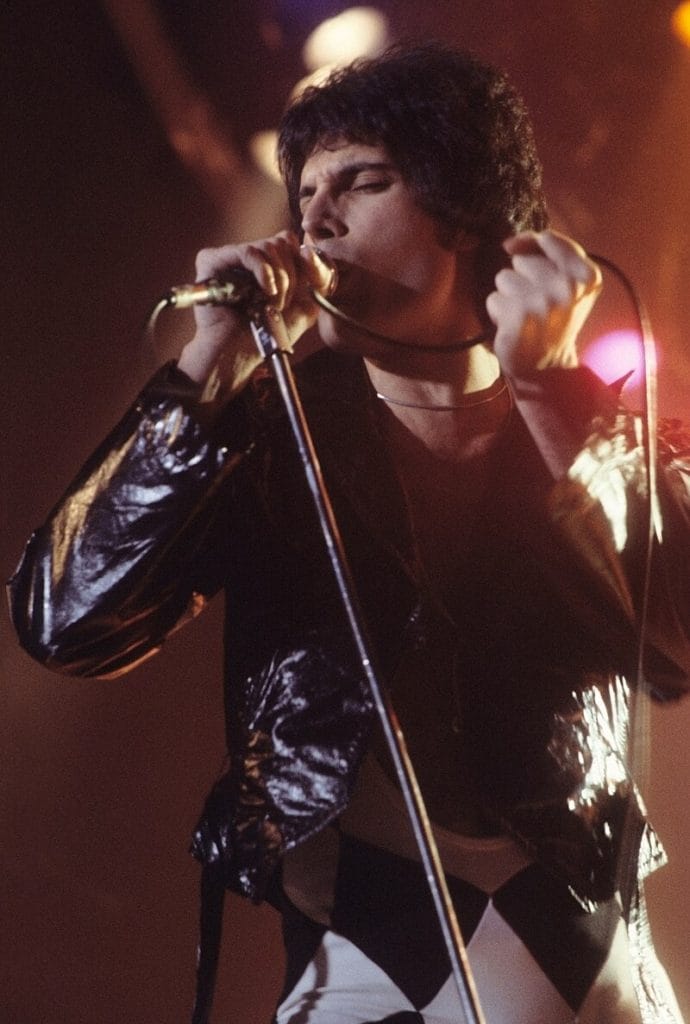
Another song that is well-known among admirers is Bohemian Rhapsody. The meaning of the word Rhapsody is a one-movement work, which is not only episodic but also integrated and free-flowing in structure, carrying several moods, colours, and tonalities. He struggled in his life, where confusion was around things occurring around him, and he attempted to move out. In another verse, he requests to have no sympathy towards him as he doesn’t care about what people think about him. Another reference to his identity and acceptance arises with the lines:
“Mama just killed a man
Put a gun against his head
Pulled my trigger, and now he’s dead
Mama, life had just begun
But now I’ve gone and thrown it all away…“
What can be understood is the realisation of his sexual identity being bisexual and his identity as a man murdered. He understands his religious mother would be disappointed as she has expectations.
2. Kurt Cobain
Kurt Cobain was the lead vocalist of the musical band Nirvana. He, along with his band members, tried to bring issues of racism, sexism, and homophobia in the early 90s. If you listen to Rape Me, you will think they are trying to normalise the behaviour. The late singer addresses the song, Rape Me, a weapon and his frustration that people didn’t understand the previous song, Polly. The song Polly was about a 14-year-old girl kidnapped, tortured, and raped by an unknown offender, and his intention with the music was to stress the epidemic and systematic nature of violence against women.
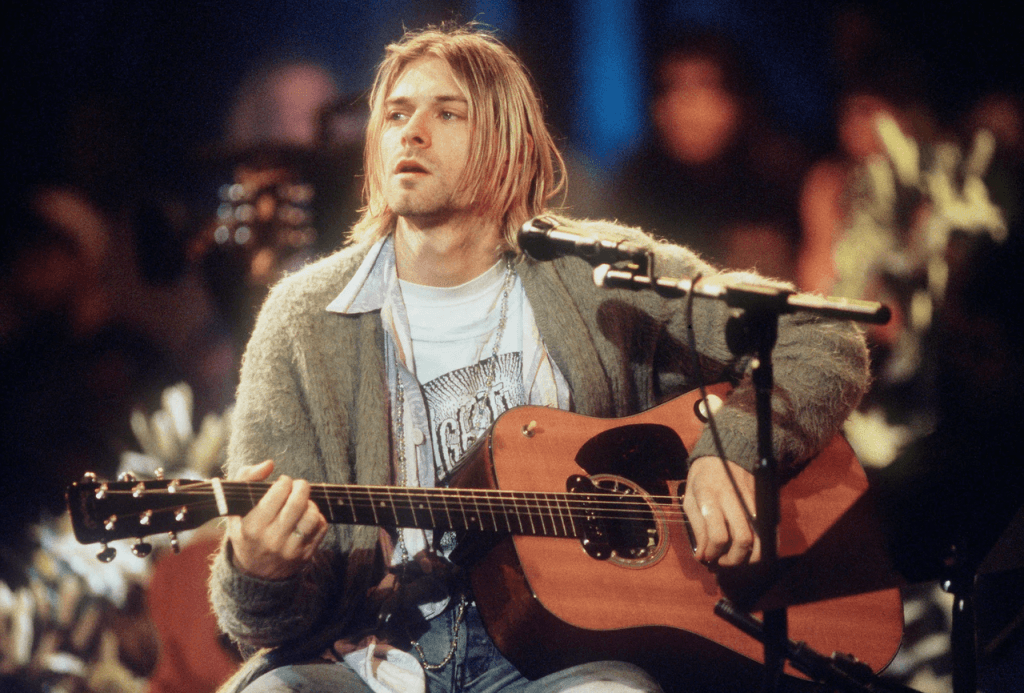
Rape Me used four-chord guitar riffs to remind the listeners of the link between rape and their violent behaviour, addressed with the line, I am not the only one. A reminder to society that the offence isn’t a rare phenomenon as it is widespread, affecting many women in our society. In a chapter titled Violence: Is There a War on and Against Women’s Bodies? Written by sociologist Veronica Gago, the conflict is ongoing against women, which has escalated to deaths and rape of cis-gender(women), lesbian, and feminised bodies. Further, she describes the intention to use the word war instead of offence because she doesn’t want these issues to turn neutral and dismissive instead of admitted. Hence, the objective of the singer and his members is to make people think that sexual violence isn’t an individual action; it has a complex relationship between patriarchy, capitalism, and male dominance. Even the political scientist Francoise Verges indicates rape as a weapon of the state used during the war.
3. John Lennon
A songwriter who was an integral member of the musical band called The Beatles, he was known for his activism and intention to create peace in the public along with the end of other societal issues through discourses. His composition, created in the early 1970s, is known as Imagine and sustained controversy for the lines to make listeners imagine a place without heaven, addressing all the people in the world.
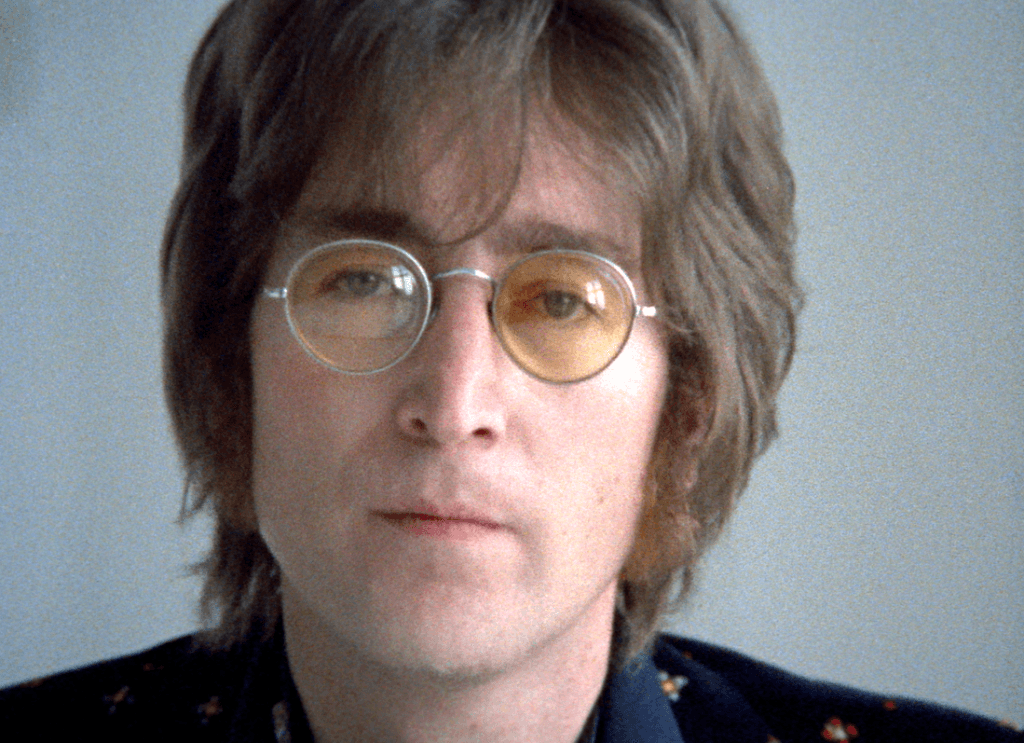
The song Imagine came out during the war of the United States of America against Vietnam. He acknowledges the inspiration came from the poetry Grapefruit written by Ono in 1964; she writes, “Imagine the clouds dripping, dig a hole in your garden to put them in,” and several of his ideas came from Yoko. He was once controversial due to his statement that the Beatles are more popular than Jesus, and his contribution is merely to request listeners to imagine- a world with no possessions, no boundaries, and nothing even to kill or die for.
In his last televised interview, the lyricist and singer John Lennon said he wasn’t the first or the last to imagine a country without boundaries or giving a chance to peace; instead, it’s like an Olympic torch that passes from one hand to another, where one doesn’t have to live according to the ideas of how one should live, wearing the right jeans or not wearing the right jeans.
4. Chester Bennington
Chester advocated for mental health through his writings and composition while working in the musical band Linkin Park. In an interview Chester Bennington gave to Music Choice, he tackled the problems that he was undergoing.
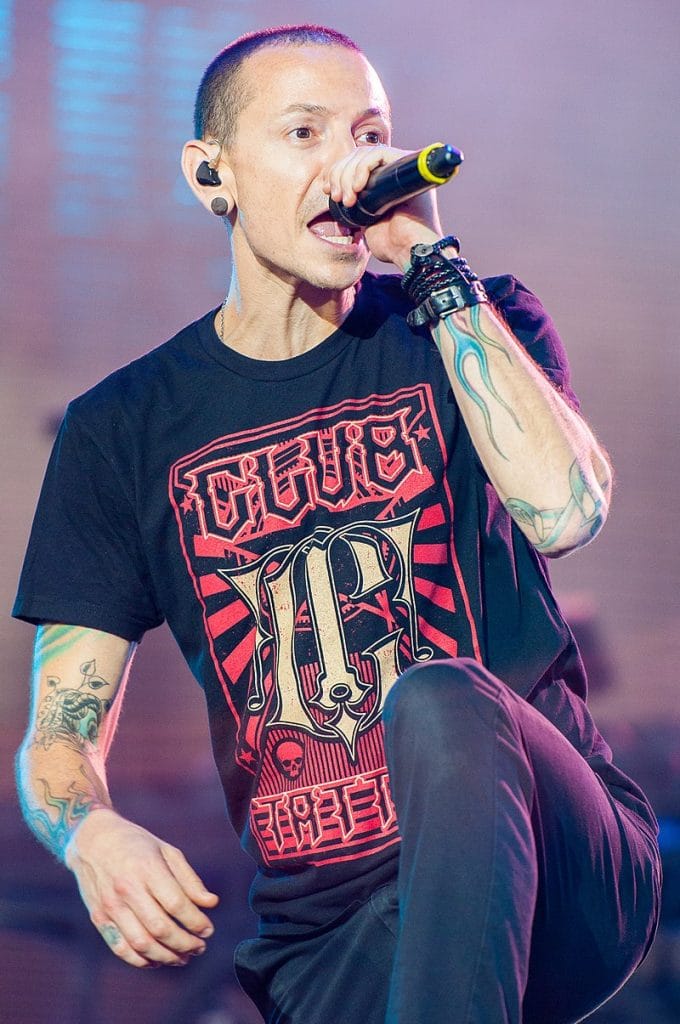
Similar to previous singers addressed, in his last televised interview, Bennington spoke about the album One More Light, which helped him to move away from his past demons. His composition intended to share the sense of moving forward as depression carries different emotions than one feels is complicated for humans, and it is becoming overdue to address this stigma. The composition, One More Light, connects mental health struggles and suicide, and the lines:
“Who cares when someone’s time runs out?
If a moment is all we are
We’re quicker, quicker
Who cares if one more light goes out?
Well I do“
It makes it more evident and tries to make listeners understand the necessity of being there for those who need support.
5. Roger Waters
One of the co-founders of the musical band Pink Floyd is Roger Water, admired for activism and speaking about social issues, including Israel’s occupation on Gaza. Often during his performances, the singer wears Keffiyeh, maintaining his political belief, and the gigantic screen behind him carries as a witness to names and photos of hostages, persecuted activists, journalists slain, and people who sacrificed their lives during Israel’s attack in Gaza.
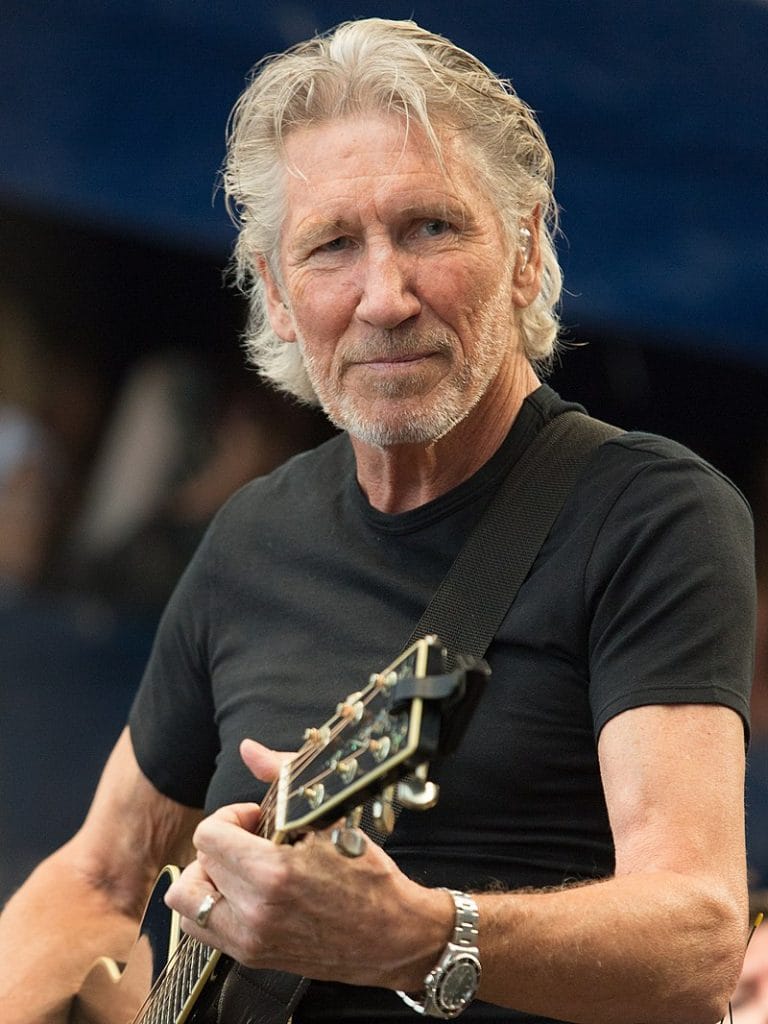
Against accusation of antisemitism against him, an open letter was written to musician Madonna in 2019 that captured his true intentions to stand for humanitarian issues:
“Because I support human rights and criticise the Israeli government for its violations, I am routinely accused of being antisemitic. That accusation can be used as a smokescreen to divert attention and discredit those who shine a light on Israel’s crimes against humanity. I should point out that I support the fight for human rights for all oppressed peoples everywhere. The religion of the oppressor is neither here nor there. If I support the Rohingyas and deplore Myanmar’s persecution of them, it doesn’t make me anti-Buddhist.“
He reconfigured the writing of George Orwell’s Animal Farm as a commentary on industrial capitalism that debilitated British society in one of his concerts. These practices resulted in getting his musical concert cancelled, the Russian war with Ukraine, and his support for the killings of Ukrainians caused Poland’s city council to cancel events in Krakow city.
This is by no means an exhaustive or representative list. Suggestions to add to this listicle are welcome in the comments section.
About the author(s)
Asif Iqbal works as a Research and Policy Associate at the Council for Social and Digital Development, Guwahati.
